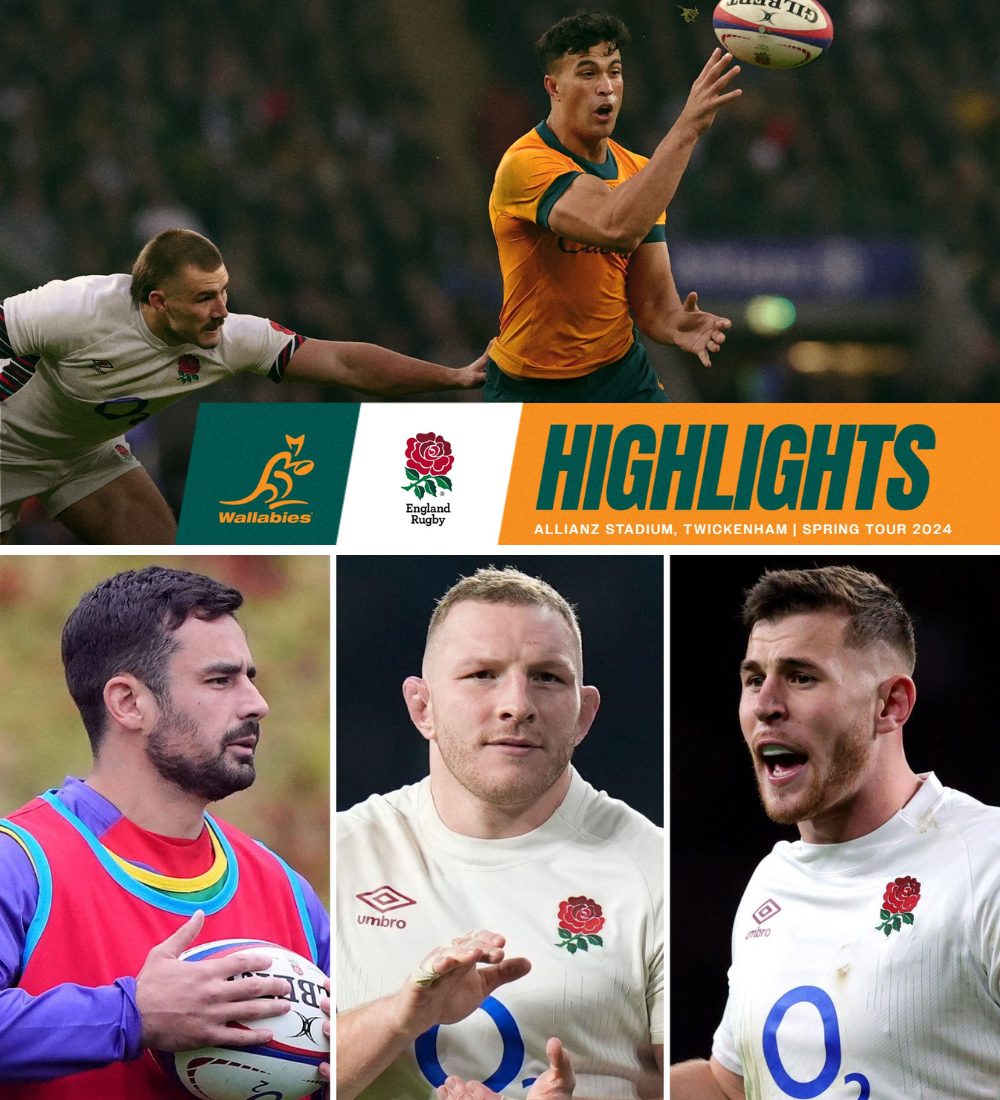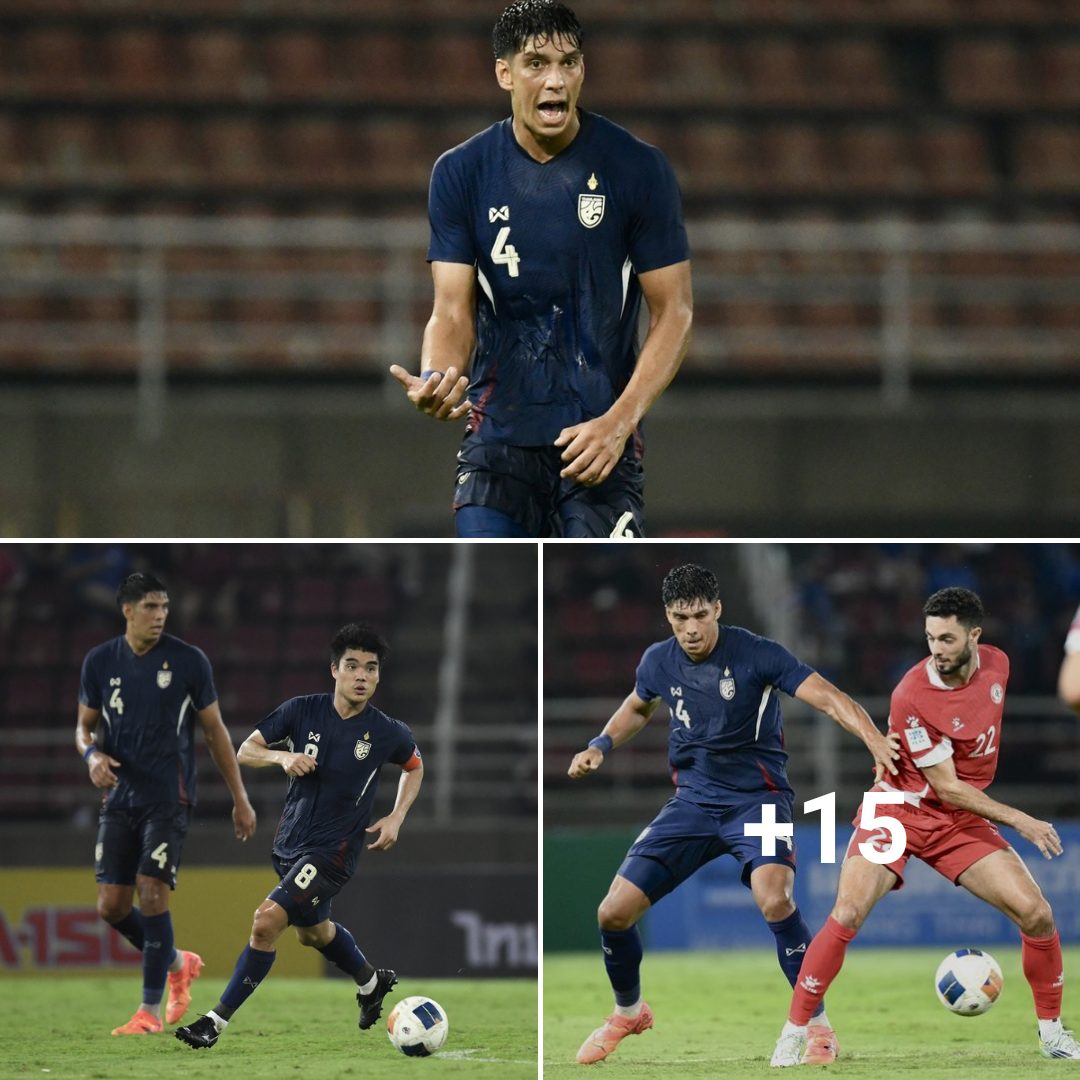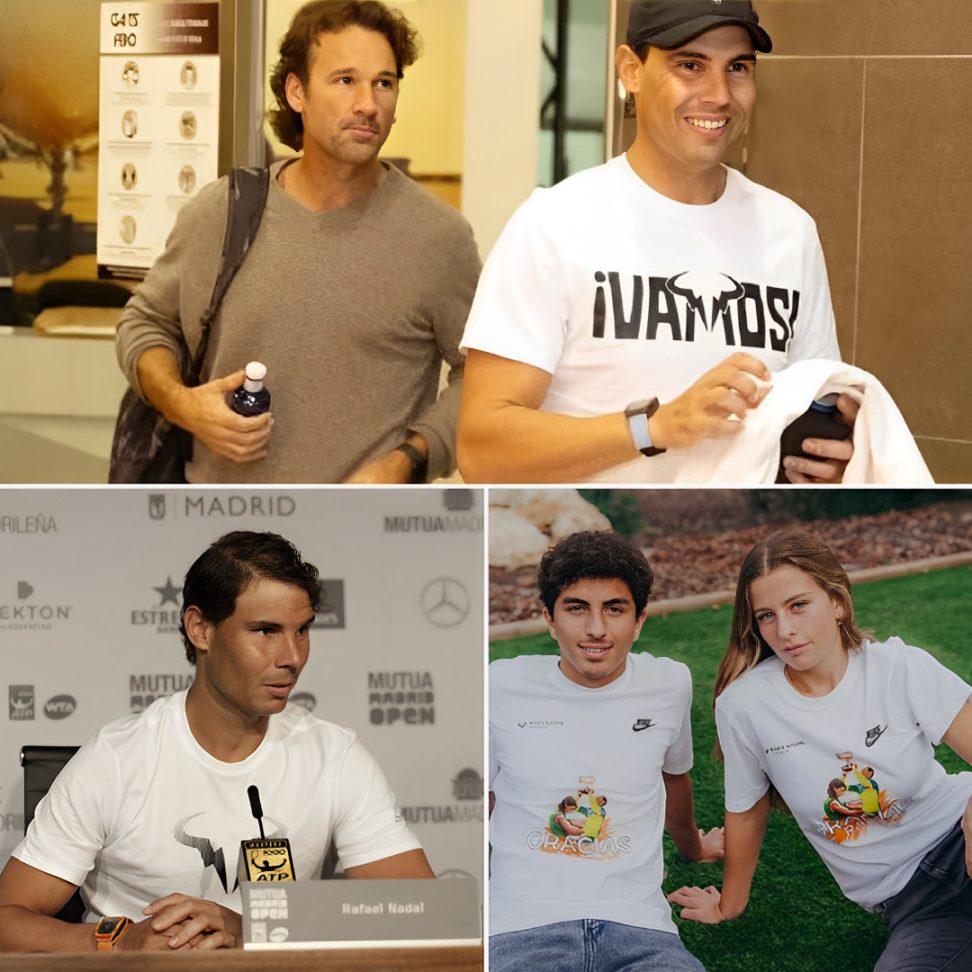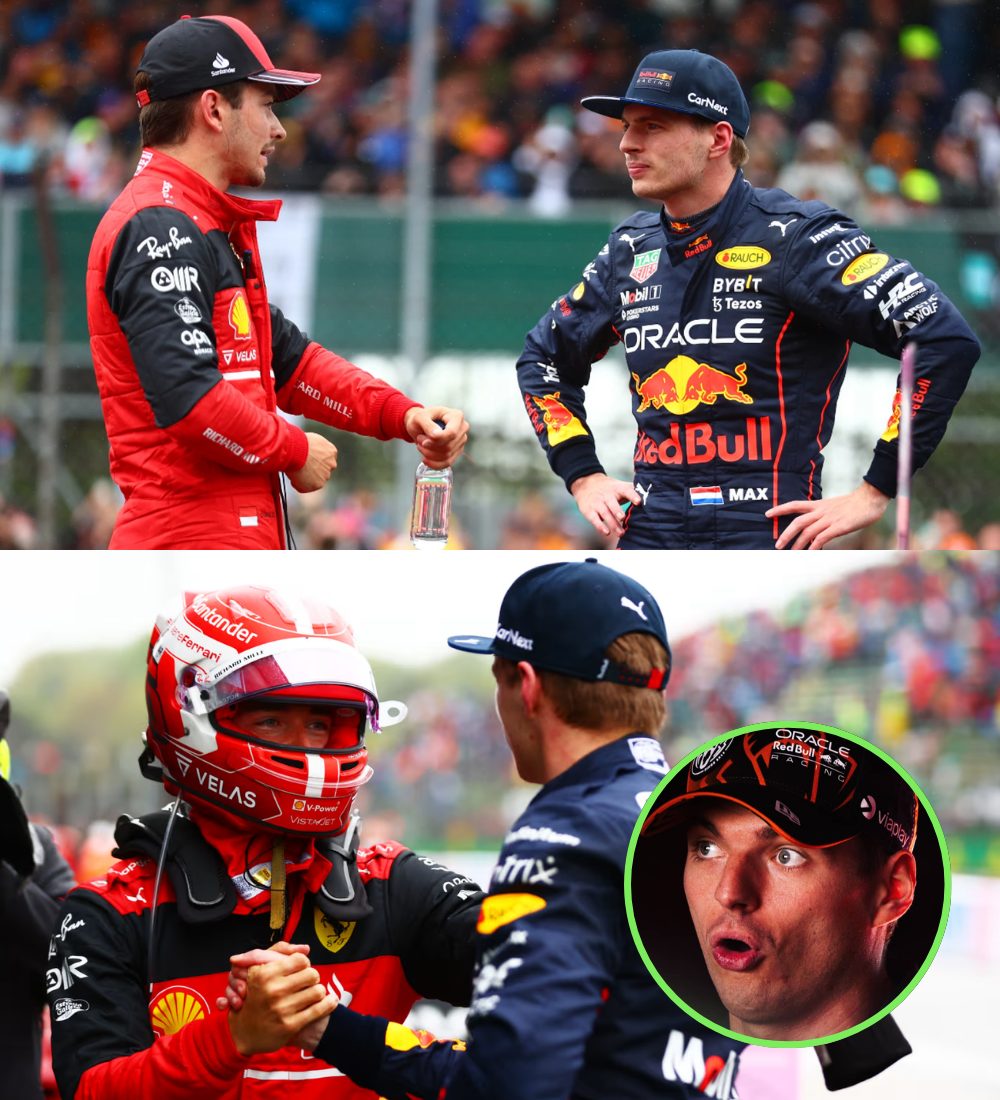Rugby Australia chairman Daniel Herbert admits he’s not sure the Wallabies will have a long enough runway to go from chumps to champs in time for next year’s Lions series, but says first-year coach Joe Schmidt will be given everything he needs to ensure they’re in the best shape possible.
In a wide-ranging interview on The Roar Rugby podcast, Herbert clarified RA’s eligibility policy, saying Schmidt was choosing to back the cattle on Australian shores rather than look abroad. He also revealed that RA’s policy has been shaped by an agreement with their long-time Super Rugby partner New Zealand Rugby to not “go lock, stock and barrel” by choosing too many players from overseas.
The former World Cup winner added that a whopping 64 players would head north to the United Kingdom and Ireland for their grand slam Spring Tour, which includes a couple of Australian XV fixtures.
Interestingly, Herbert said that RA wasn’t prioritising a third-tier competition in the immediate future, but instead hoped to have their first iteration of a national club competition up and running by next year.
After last year’s disaster on and off the field, RA has been steadily going about its business over the past nine months.

Without a treasure chest of funding to draw upon, RA chief executive Phil Waugh has often used the analogy that there are many ways to score a century in Test cricket, including by nudging singles.
That cautious approach has been the tactic RA has used as they’ve tried to repair their standing on the global stage and indeed at home over the past 12 months.
Herbert, who came to the chairmanship when Hamish McLennan was sensationally toppled in a dramatic weekend in the weeks following the Wallabies’ World Cup disaster, says RA is in desperate need for stability to try and gather as much momentum as possible to enact plans over the coming years.
“I think at rugby over a long period of time with all that chopping and changing that you talk about, it doesn’t mean anyone’s wrong in what they’ve done, they’ve had good ideas, but they’ve never been able to sustain that because what often happens is people listen to the noise and people react to the noise,” Herbert said on The Roar Rugby podcast.
“If the Wallabies get pumped by 50 points or something happens, then all of a sudden there’s an outcry for change and people come out of the woodwork with all their own ideas.
“And then all of a sudden that plan that might be two steps into, you start again with a whole bunch of new people and you lose so much momentum.
“My appeal is just for people to stay the distance because we’ve got a good enough team here that if they’re given time in the seat, they’ll get there.
“It’s just going to take time because the stopping and starting over, I would say now 15 years, different CEOs, different chairs, different coaches, it hasn’t served us well. We’ve actually got to just stick to it for a period of time.”
According to Herbert, stability is exactly what Schmidt is after as he continues the Wallabies’ rebuilding mission ahead of next July’s Lions series.
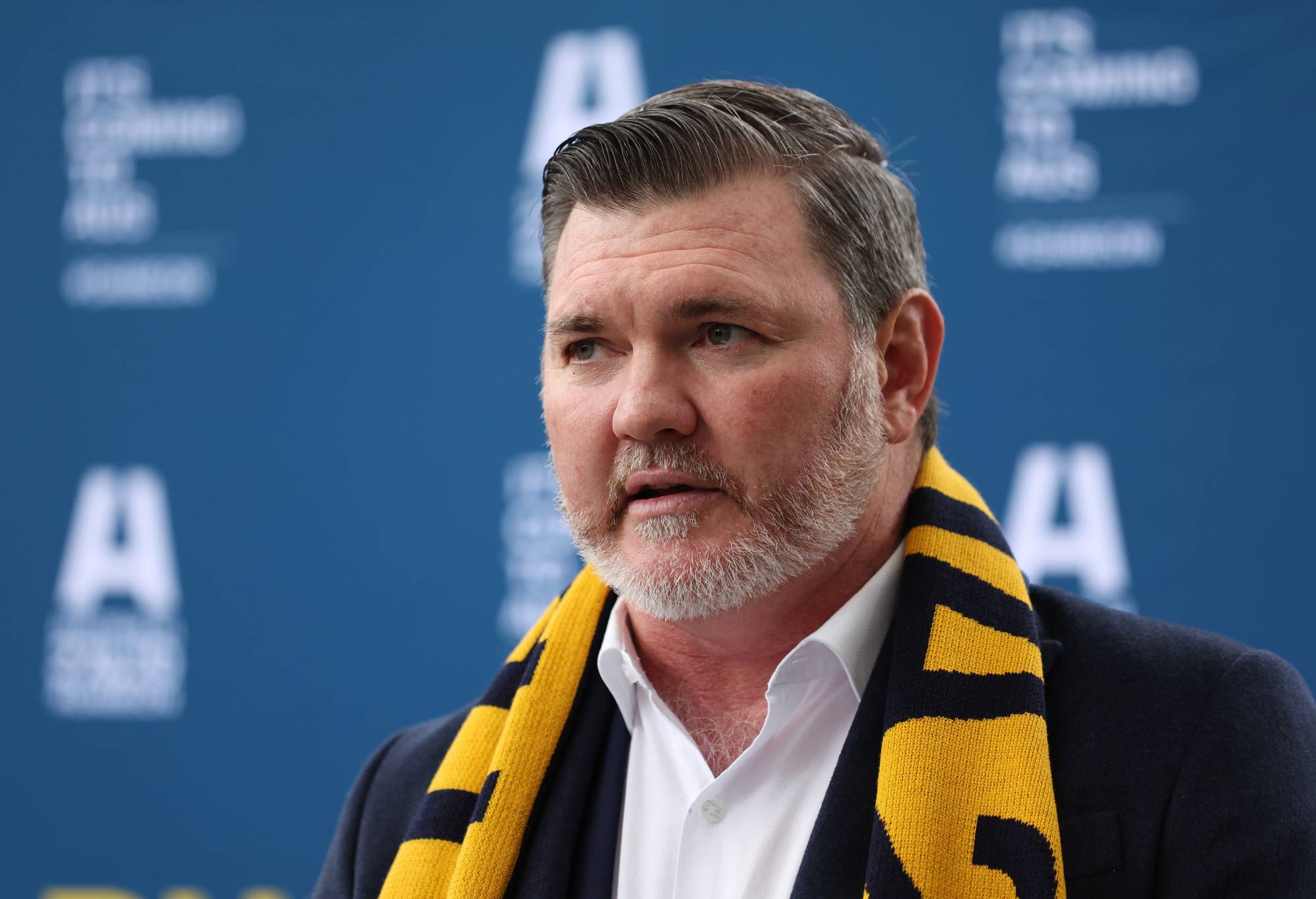
Asked whether he thought Schmidt had enough time to turn the Wallabies’ around, Herbert was unsure but said the former Ireland coach and All Blacks assistant didn’t think looking overseas for players was the answer.
“Well, firstly, has he got time? Look, I don’t know,” Herbert admitted.
“You’d like longer, but I do think there’s a number of Test matches there between now and then. They’ll have a lot more time to build a bit of team cohesion, shared experience.
“Between that team now going on tour, there’ll be an A program or Australian XV, we’re calling it. So there’ll be, I think, 64 players over in Europe at the end of the year, getting experience and looking at the squad depth going into that Lions series.”
Given the huge number of players who have left Australia rugby over the past few months, as well as the Wallabies’ poor results, including a record loss in Argentina and consecutive defeats on home soil to the Springboks for the first time in more than half-a-century, more and more people have called on RA to start adding players based overseas.
There is also widespread confusion over the eligibility rules as they stand – which Herbert has clarified.
Currently, Schmidt’s only overseas pick in his Rugby Championship squad is Japan-based winger Marika Koroibete. The New Zealander has indicated, however, that he is interested in looking at French-based Will Skelton.
Herbert, who questioned how effective overseas picked players had been in the past outside of the 2021 Rugby Championship, confirmed there was little stopping Schmidt from mounting an argument to pick more.
“There is the ability for Joe to pick a number of those (overseas players),” Herbert said. “And if he felt that the team would be improved by picking some others, then he need only ask, and where there is a discernible difference then certainly we’re not going to stand in his way.

“But he’s of the belief to back the kids and the guys who are here to give them more experience and give them more game time and build the squad depth that way.
“If he wants to supplement by bringing in one, two or more, then he can. But at the moment, he’s making a deliberate decision to build that squad depth and experience with the guys that are here.”
Asked to clarify the official policy given Schmidt’s predecessor Eddie Jones seemingly had carte blanche under McLennan, and picked Richie Arnold from Toulouse despite never previously winning a Test cap, Herbert said “there’s certainly some flexibility” in the policy but confirmed now a player must have played for the Wallabies first before being called up from overseas.
“No, the policy was changed a little while ago,” Herbert said. “I think it probably got lost on some people.
“I think we dropped the Test cap number down to one. I think it’s just if you played a Test. And there’s the ability for the Wallabies to bring in three players.
“But if they want to bring in more just simply put forward the reasons why and it’ll be considered.
“There is a sort of an overarching agreement with New Zealand where we won’t go lock, stock and barrel.
“Peter [Horne] and Joe are far more qualified to talk on the ability of bringing these guys in, but we would be as supportive as we possibly can be because like everyone, we want the strongest Wallabies team, so we’d be very supportive of what they look to do there.”
The next broadcast deal looms as arguably the game’s most important.
Given it’s a “struggle to feel all the mouths and to continue the men’s and women’s programs”, RA would desperately like to be able to announce a broadcast uplift from the current $29 million per year they are currently receiving from Nine Entertainment and Stan.

Whether that’s possible remains to be seen, with Herbert acknowledging “challenges in the broadcaster market” existed and they had to “cut your cloth to suit”.
Herbert did say however that they were buoyed by the strong crowds across the international season and believed the consolidation of Super Rugby talent across the remaining four franchises would help them become more competitive.
However, in part because of the financial challenges, Herbert said RA wouldn’t look to reestablish the National Rugby Championship and instead were firming up how to get a national club competition off the ground in 2025.
“The old model like the APC or the NRC, that’s not a priority,” Herbet said. “We won’t be instigating something like that anytime soon.
“What is a priority is a national club competition or a variable of a national club competition.
“I just think there’s good tribalism in the club. So, I’d like that to be the element.
“We’ve got to work out a few of those pieces … but if there is an appetite there that that might be something that we look to bring in ‘25, maybe. It might be step one, and step two it might look slightly different in ‘26, but we (want to) slowly build that over the next two or three years.”
